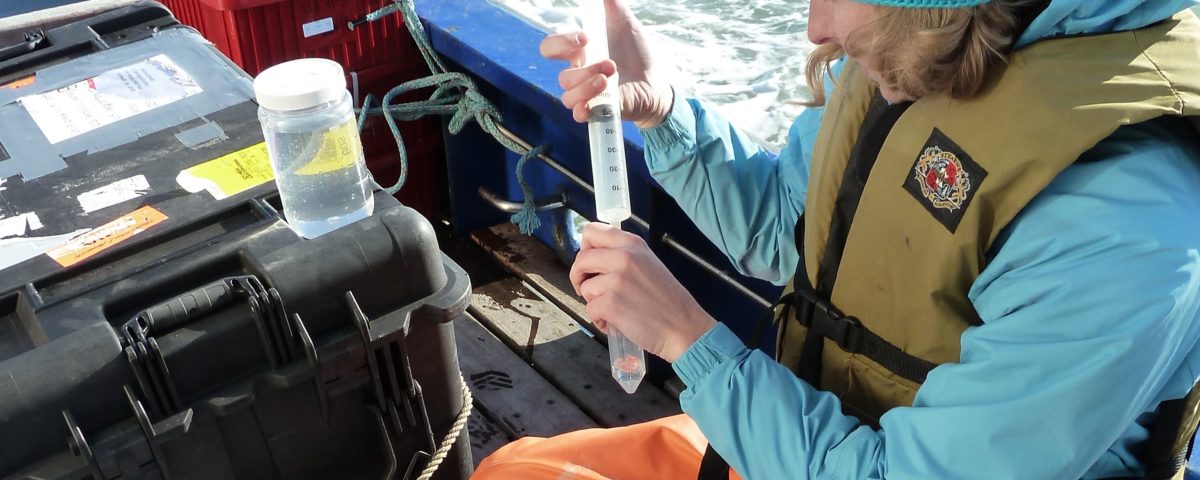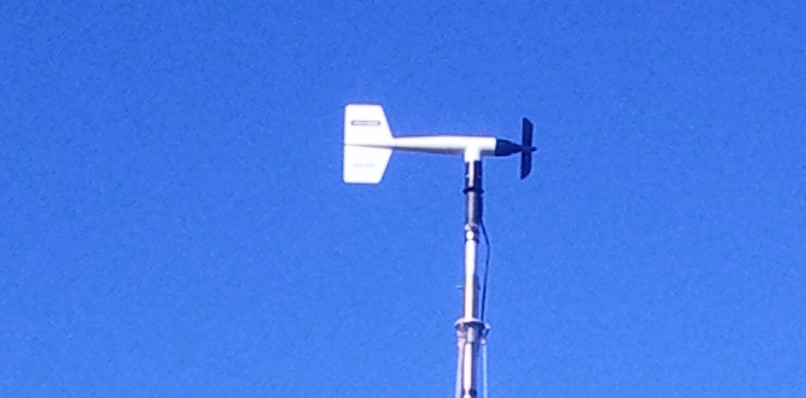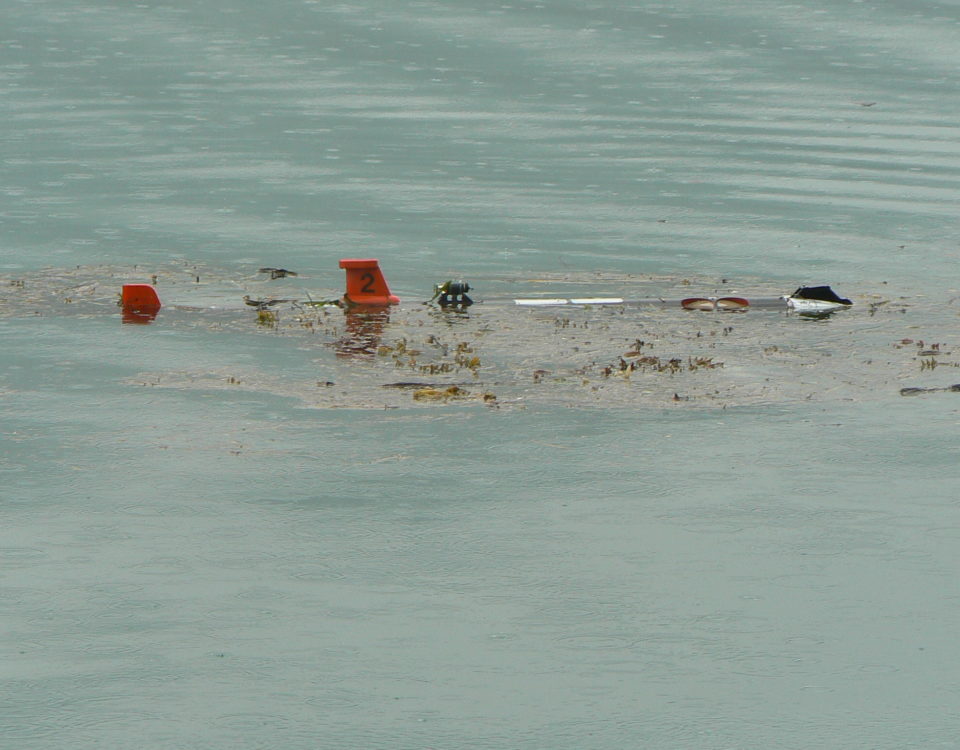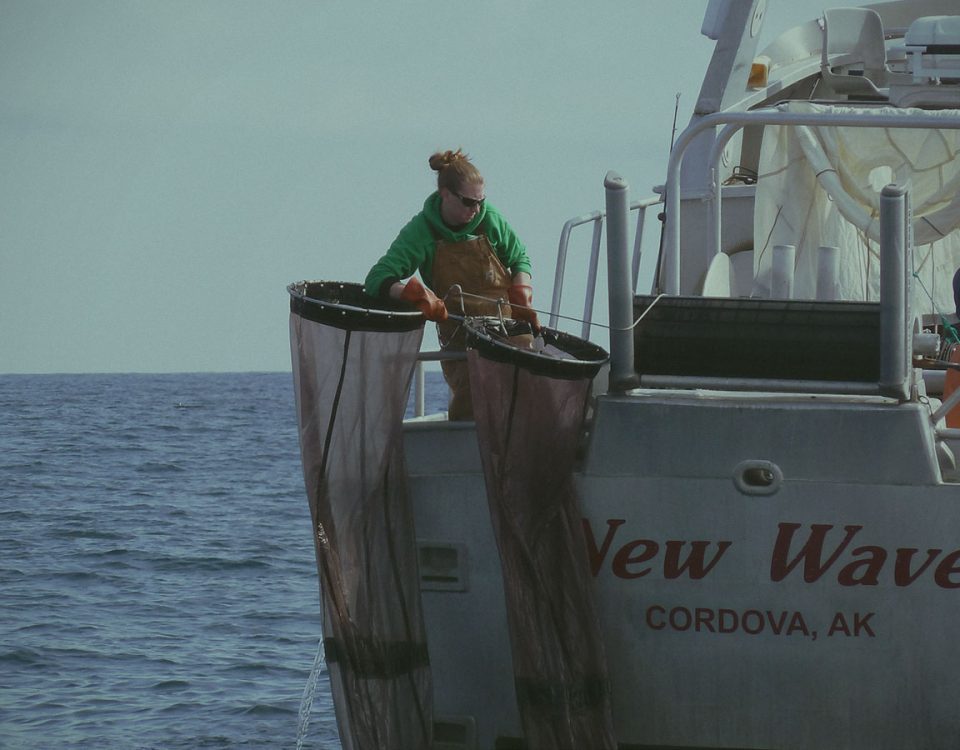PARALYTIC SHELLFISH POISONING TOXINS IN THE MARINE FOOD WEB

PROJECT
PARALYTIC SHELLFISH POISONING TOXINS IN THE MARINE FOOD WEB
Understanding the distribution and seasonality of paralytic shellfish poisoning.
Fundamental information has been lacking about the distribution and seasonality of Alexandrium, the dinoflagellate causing paralytic shellfish poisoning (PSP) in Alaska. Although effects of PSP toxins (PSTs) on shellfish resources and human health have long been recognized, potential impact of these toxins on other biota in the Alaskan food web have not been adequately addressed. This study will investigate the transfer of PSTs from Alexandrium cells to zooplankton, shellfish, forage fish and commercially important predatory fishes in two coastal ecosystems in southcentral Alaska: Prince William Sound and Kachemak Bay. Although these systems have relatively low PSP incidences (historically), recent data indicate seasonal Alexandrium blooms and trophic transfer of PSTs likely occur annually in both locations.
PROJECT LEAD
Xiuning Du, Oregon State UniversityCOLLABORATORS
Rob Campbell, PWSSCKris Holderied, NOAA Kasitsna Bay Laboratory
Steve Kibler, NOAA Beaufort Laboratory
RESEARCH PERIODS
2019-2020
FUNDING
North Pacific Research Board
www.npbrb.org
2019-2020
FUNDING
North Pacific Research Boardwww.npbrb.org




